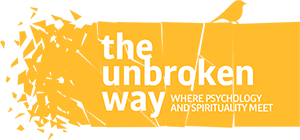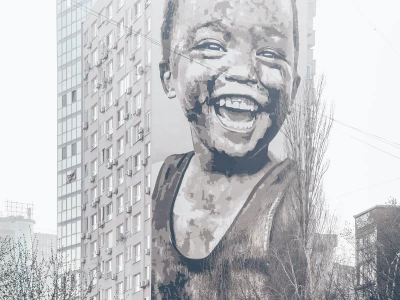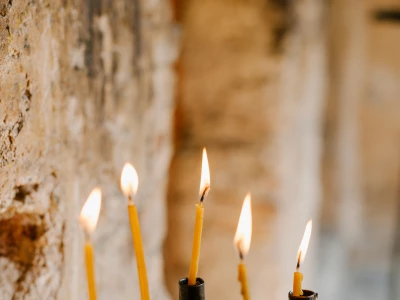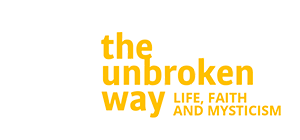Share this article
Why It's Vital To Slow Down
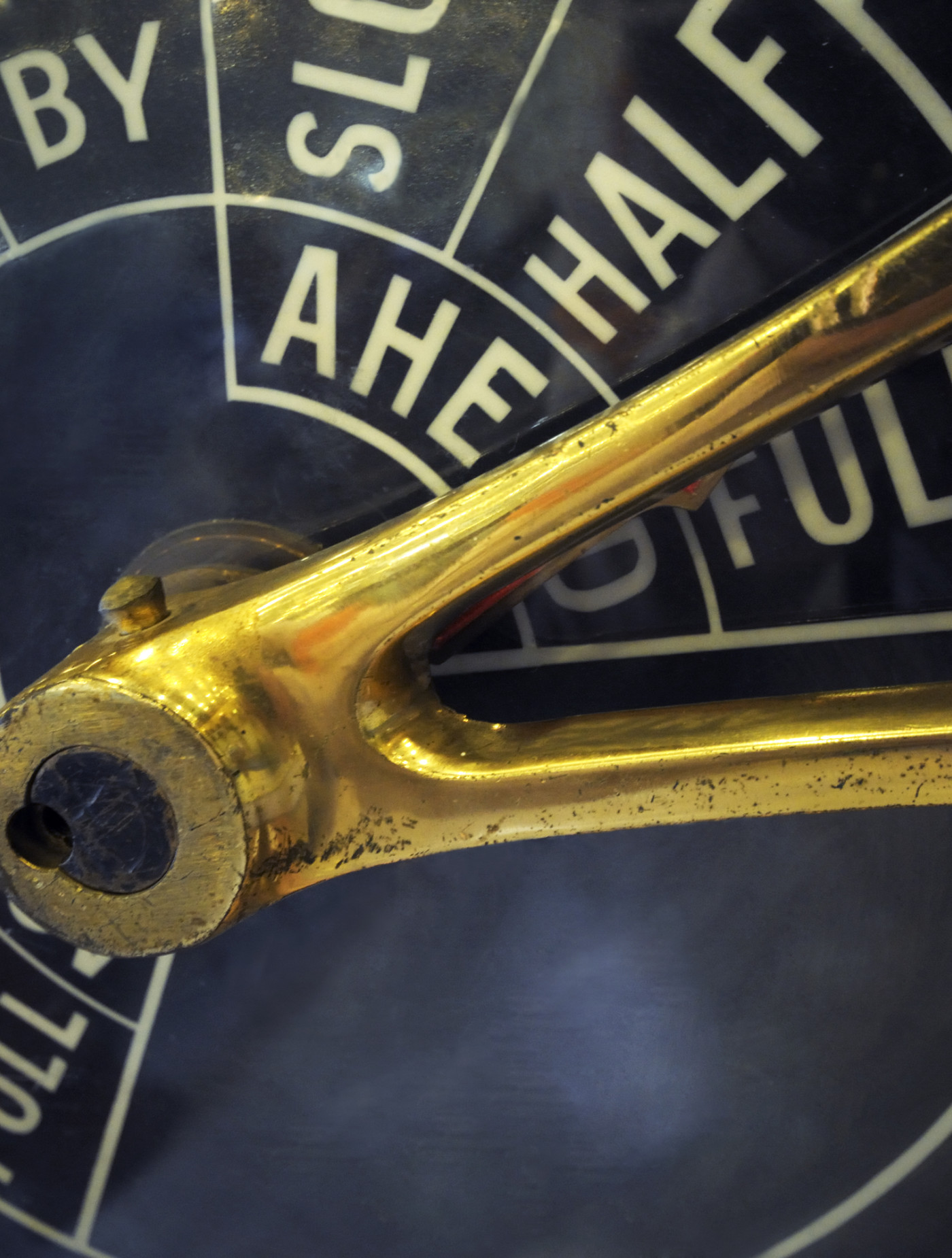
Twenty Seven Years to Slow Down
'I've been telling you for twenty-seven years, you need to slow down,' my late wife Cushla had said to me after receiving another one of her knowings (a higher form of knowledge she drew from deep within her soul). My impatience and speeded up mind had led me to climb many a ladder as fast as I could. It was months, sometimes years, before I realised o lot of them were leaning against the wrong wall:
After starting a part-time small business while teaching in a secondary school for three years in Dublin, I decided to go full time into the business. It didn't matter that I was clueless about the whole area of commerce, my plans vague and ill-formed. The world was my oyster, I thought. I was ambitious, full of joie de vivre, certain that one day I'd be a millionaire.
The problem was that once I went into business, I became preoccupied with it. My default mode when I faced stressful times was to speed up. 'You're coming at me like a train', Cushla used to say to me whenever I was stressed and intent on asking her for advice regarding the business. My hurried approach wasn't just a part of my nature. It came from my unconscious belief in how the world worked. Like millions of people, I had picked up on the unspoken values that have permeated modern life: you only matter if you have achieved success in the world's terms, i.e. through wealth, status or fame.
Curiously, around the age of 35, when a new business I had co-founded began to take off, I felt an awful emptiness inside. Luckily, I was married to Cushla, who was the happiest person I ever met. I wanted what she had and began to climb the spiritual mountain with her. From then on, I had a greater sense of purpose and contentment than ever. But, it could have gone another way: I could have wasted my life chasing meaningless goals.
'Crazy busy' or 'I'm up to my eyes are the automatic responses you often get when you ask anyone how they are. It's usually a boast disguised as a complaint. It can seem that they are addicted to busyness and dread what they might have to face in its absence: emptiness.
Many thinkers and theologians say a feeling of emptiness, fearfulness, and worthlessness result from a decline in faith in a higher purpose. We need to learn again to depend on a God who tells us that:
'…the very hairs of your head are all numbered. Do not fear, therefore; you are of more value than many sparrows.' Luke 12:7.
Most of the time, we depend on our own resources instead of trusting in a higher power. Unconsciously, we think if we don't look out for ourselves, nobody else will. Fear, instead of faith, drives us on. We live more for the world's values which can be very cruel. For example, we can feel that if we aren't 'succeeding', our lives aren't worthwhile and that if we're not busy, we are not 'productive'. So we speed up and, when our thinking speeds up, we often feel lonely, alienated from others, misunderstood, mistrustful and even paranoid.
Slow Down to Find Direction
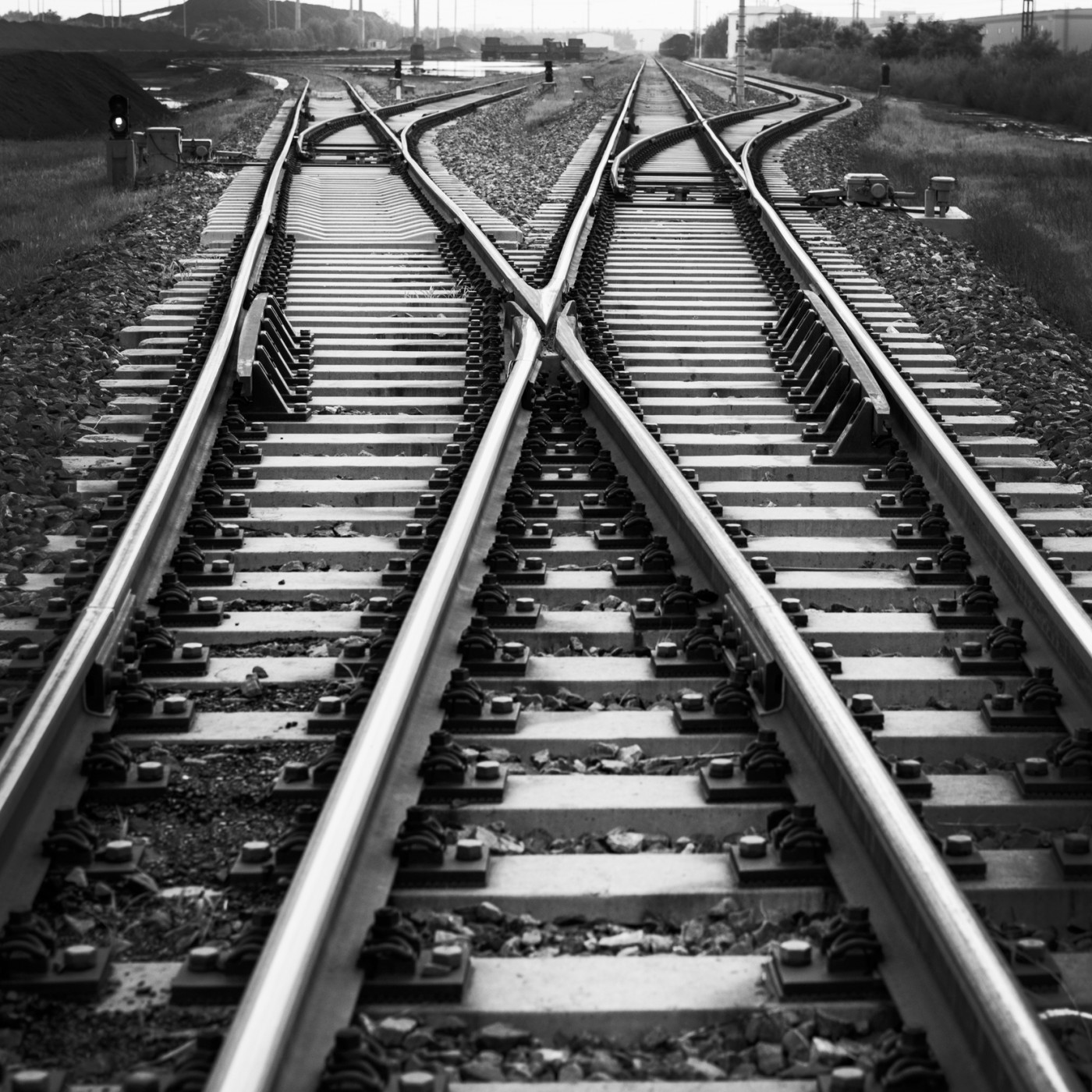
'Where you are headed is more important than how fast you are going.'
― Stephen R. Covey, author of The 7 Habits of Highly Effective People.
For a long time, whenever I received bad news, or things didn't turn out the way I'd planned, instead of slowing down to take stock, I'd speed up. I'd then begin to act on the first solution that came into my head. 'Slow down and stay fluid⸻you always have options,' Cushla would say. I learned from her to see other possibilities. By developing a more tranquil and open mind, I began to see things clearly and spot the obvious. I learned that:
When you slow down, you can focus better ⸻it's hard to focus if your mind is racing.
Rushing produces shallow thinking. Take your time and dive into deeper waters.
Have Faith, Slow Down
'If you have a hundred per cent faith, you will have zero per cent fear' was not just a saying Cushla coined herself but a way of life she adhered to in the good and bad times. Living by this truism brought her all kinds of blessings, including an amazing sense of serenity in the face of many trials. I learned from her that having faith is the bedrock to slowing down. Conversely, I noticed that fear speeds us up. It can fuel an unconscious belief that if we don't keep busy, we'll lose out. Our culture is only too happy to reinforce this notion by encouraging activity and motivating us to hurry up. When our faith is weak, we tend to listen to these voices of fear. But we need to listen to another voice: St. Ignatius tells us: 'God's spirit 'stirs up courage and strength, consolations, inspirations and tranquillity.' So, trust in the calm and hope you feel. That is the voice to listen to.
You will hear this voice more in silence than anywhere else. When Jesus needed direction and wanted to hear God's voice clearly, he went into lonely places. (And he withdrew himself into the wilderness and prayed Luke 5:16). Nowadays, we can find a quiet room or a garden, turn off all devices and remove ourselves from fear-based distractions, especially those emanating from the media. As we enter into silence and slow down, we learn that we will not only survive but thrive. Eventually, we will hunger for this silence as we realise more and more that If God comes first in our life, then he'll take care of the other things.
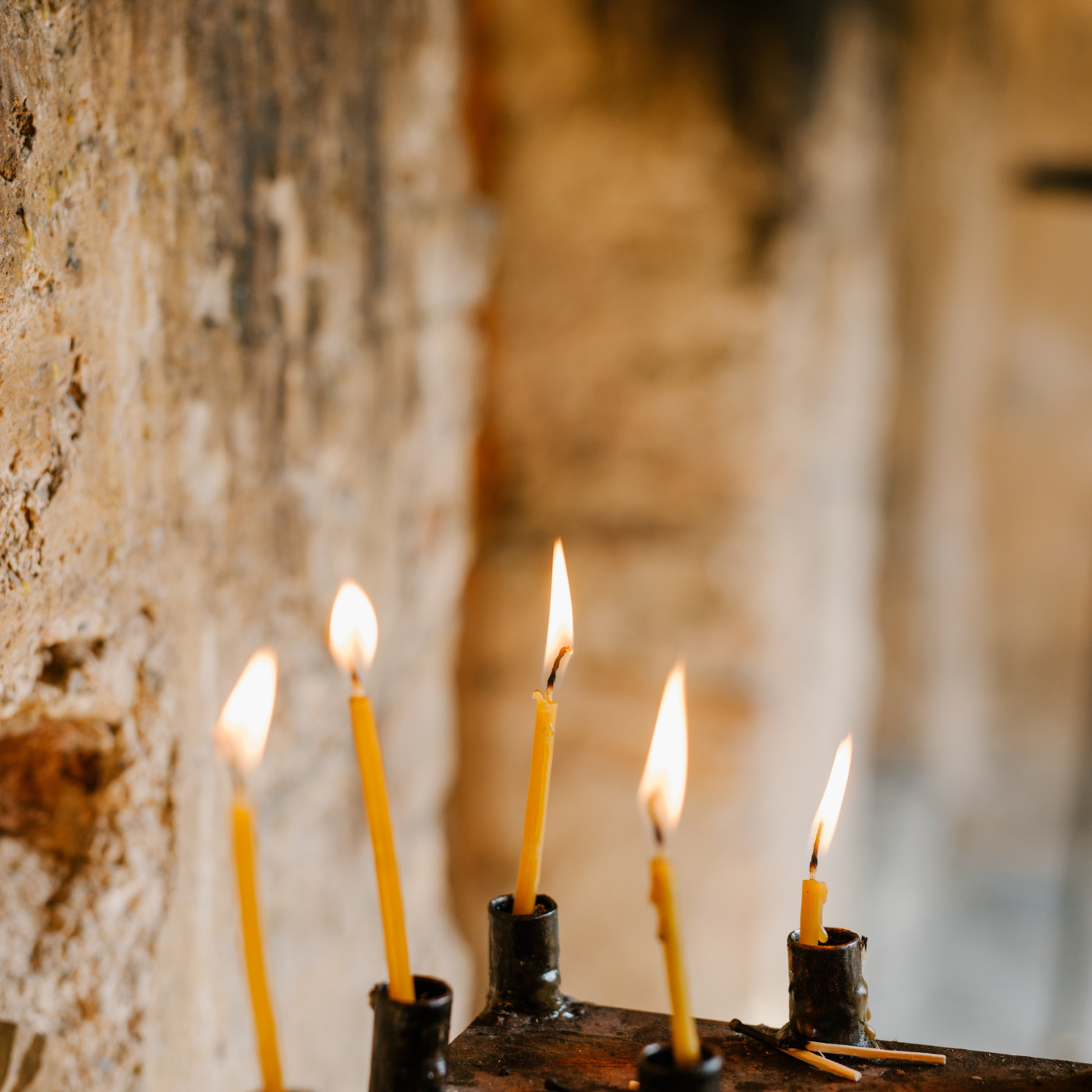
'And why take ye thought for raiment? Consider the lilies of the field, how they grow; they toil not, neither do they spin.'
⸻ Matthew 6:28
Twice a day at home, I retreat to my sanctuary of silence to meditate. Usually, I practice a style of mediation called Passage Meditation which is the silent repetition of memorised inspirational passages from the world's major religious and spiritual traditions.
If I am particularly speeded up, I sometimes meditate on the words of the following poem by Tukaram (1598-1650), a Hindu mystic and devotional poet:
The One Thing Needed
Of what avail this restless, hurrying activity?
This heavy weight of earthly duties?
God's purposes stand firm,
And thou, His little one,
Needest one thing alone:
Trust in His power, and will, to meet thy need.
Thy burden resteth safe on Him,
And thou, His little one,
Mayst play securely at His side.
This is the sum and substance of it all:
God is,
God loveth thee,
God beareth all thy care.
Recommended Resources
Watch:
NB. If you do nothing else in learning how to slow down, watch this clip: Slow Down–Sissel (2019 Pioneer Concert with The Tabernacle Choir) https://www.youtube.com/watch?v=EFe84U__kt8
It's a moving and stunning performance by Norwegian soprano Sissel Kyrkjebø. Powerful lyrics by Chuck Girard.
Read:
Take Your Time by Eknath Easwaran. Published by Nilgiri Press
Meditation by Eknath Easwaran. Published by Nilgiri Press
Share this article
Categories
in your inbox
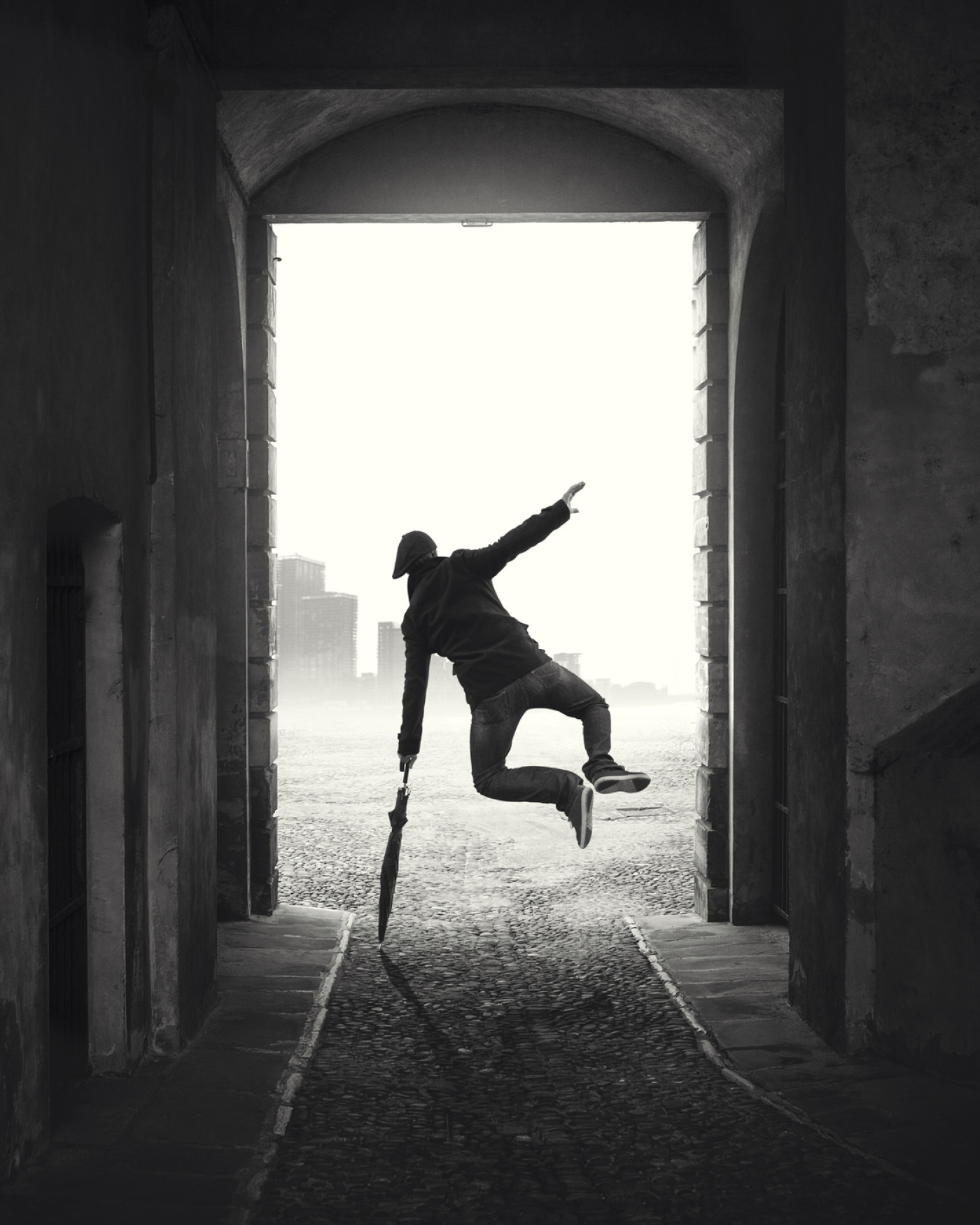
Slowing Down
